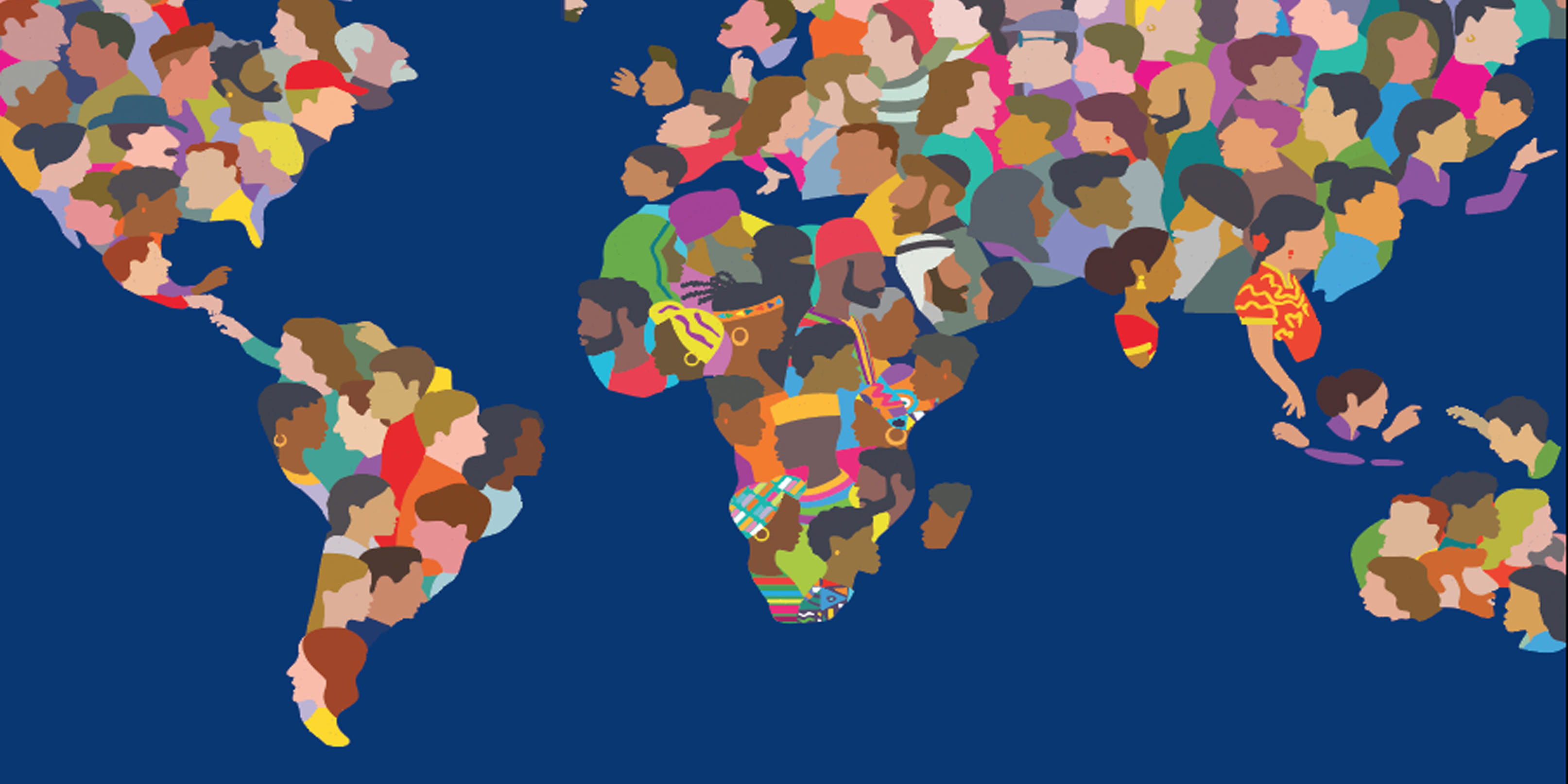Harper Alert: Due to extreme cold, Harper College campuses will be closed Friday, January 23. Learn more: http://bit.ly/36jRbZ8

"You have to take ownership and leadership of tomorrow. For that to be possible, you have to strengthen your capacity and widen your vision as a global citizen."
The Global Scholar Distinction program gives you an opportunity to explore intercultural and international perspectives as you pursue your major at Harper College. It is designed to expand your awareness of global systems, the interdependence of cultures, sustainable development, and global justice, equity and peace. At completion, you'll be rewarded with a graduation distinction in recognition of your accomplishment. No matter your field of study, this distinction helps you build skills to be an agent of change in the world.
How to Become a Global Scholar
Complete three qualifying classes that may already be a part of your degree plan.
Upon completion of at least two qualifying classes, enroll in CAP 201: Social Transformation
Capstone (2 or 3 credits) and work on a capstone project under the guidance of a faculty
mentor. Click here for a list of qualifying courses.
Advantages
Questions? Contact the Director of the Office of International Education, Richard Johnson by email (rjohnson@harpercollege.edu) or by phone 847.925.6429. While a recommendation isn't needed, faculty and staff are invited to recommend students who would embrace the Global Scholar experience. Please complete this student recommendation form.
Once you have completed 2 required courses, you are eligible to enroll in CAP 201 for either 2 or 3 credits. Both options involve developing an e-portfolio, reviewing and writing reflections on case studies, class participation, a capstone project proposal, and a final capstone project. The difference between the two sections is that the 3 credit hour course involves a service-learning component, where you complete some type of community service with an organization, while the 2 credit hour course does not include this service learning component.
Enrollment in the CAP 201 course requires a consultation with the Office of International Education's Director, Nellie Khalil, (nkhalil1@harpercollege.edu) and approval from the Associate Provost.